Chapter 13 Bankruptcy
Chapter 13, also called a "Reorganization" bankruptcy, is a repayment plan where you consolidate your debts and make payments toward your debts over a three to five year period. The advantage to a Chapter 13 bankruptcy debt repayment plan, as opposed to working with a debt consolodation company, is that your creditors are legally prevented from collecting funds directly from you while you comply with your Chapter 13 payment plan.
Your payments are based on what you can afford, taking into account your actual and necessary monthly expenses. After making payments within the plan, your remaining unsecured debts (such as credit cards and medical bills) are normally discharged, meaning that the Chapter 13 process often allows you to pay those bills for much less than the total amount claimed before your case is filed. You can continue to pay your mortgage, car loans and other secured debts that survive the bankruptcy.
A Chapter 13 bankruptcy can be very useful to people who are facing home foreclosure, giving you time to catch up on missed mortgage payments to prevent a foreclosure. Chapter 13 can also be a helpful solution for people who have property they want to keep that would be lost in a Chapter 7 case, or for those who need bankruptcy protection but do not qualify for a Chapter 7 bankruptcy.
